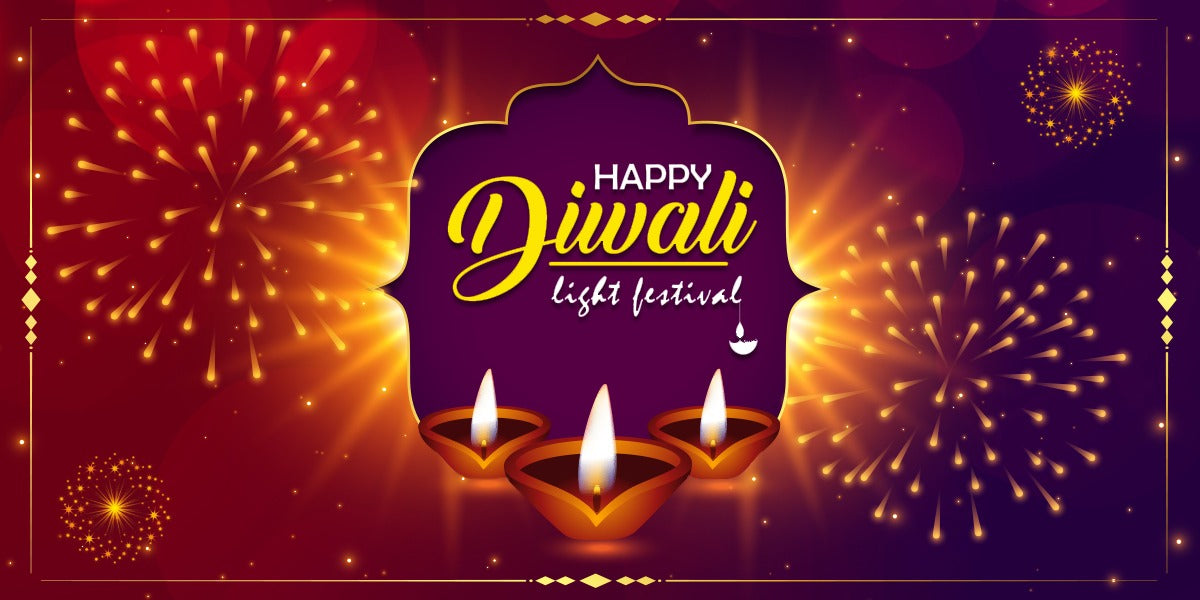Deepawali
Diwali is a Hindu festival celebrated every year as a festival of lights. It is very significant festival for the people of Hindu religion. Everyone becomes very happy on the occurrence of this festival and celebrates with lots of preparations.Houses get decorated using real or artificial flowers and other decorative materials. Everywhere looks very dazzling because of the lighting small earthen lamps and electric bulbs.
The word Diwali comes from the Sanskrit word “deepavali”, which means “rows of lighted lamps”. Households across India celebrate by decorating their space with small lamps called diyas and other colourful lights.
It is considered that Goddess Lakshmi makes a visit to each houses in the night of Diwali that’s why everyone lights their houses to welcome the Goddess. In return, Goddess gives her blessings to her devotees for healthy and prosperous life. At this day, everyone performs puja of Goddess Lakshmi and God Ganesha and then distributes gifts and sweets to their friends, neighborus and relatives.
Each religion marks a different Diwali story and historical event.
In one of the main stories in Hindu mythology, Diwali is the day Lord Rama, his wife Sita Devi and brother Lakshmana return to their homeland after 14 years in exile. The villagers lit a path for Rama, who had defeated the demon king Ravana. Reenactments of this story are part of celebrations in some regions.
Another Diwali story in Hindu mythology is that Diwali marks the day Lord Krishna defeated the demon Narakasura and freed the people of his kingdom. After he slayed the demon, Lord Krishna declared it a day of festivities. In some parts of India, people burn effigies of the demon kings in both stories as part of the celebration.
People also celebrate the Hindu Goddess Lakshmi during Diwali. As the goddess of prosperity, wealth and fertility, the romantic Diwali story says that she chose Lord Vishnu, one of Hinduism’s most important deities, to be her husband on the night of Diwali.
In other cultures, Diwali coincides with harvest and new year celebrations. No matter which Diwali story you celebrate, it’s always a day of new beginnings and light over darkness.
People cover streets and buildings in festive lighting and there are lively songs and dance. Dazzling fireworks go off, creating a spectacle of noise and light. This helps to scare away evil spirits and celebrate the victory of good over evil.
If you’ve got a sweet tooth, Diwali is the festival for you. The most delicious tradition is the gifting of mithai (sweets). Friends and family exchange colourful boxes of Indian delicacies, like pedas, ladoos, jalebis, barfis and dried fruit and chocolates.
- So, we should celebrate safe and happy diwali without crackers and other harmful materials in order to keep ourselves healthy and natural cycle in balance.
- It is the festival of lights and cleanliness, not the festival of firecrackers.
- It is the festival to worship Goddess Laxmi, not the festival to make anyone sorrow through the fire-rockets.
“Have a Happy and Safe Diwali with Desicart”

